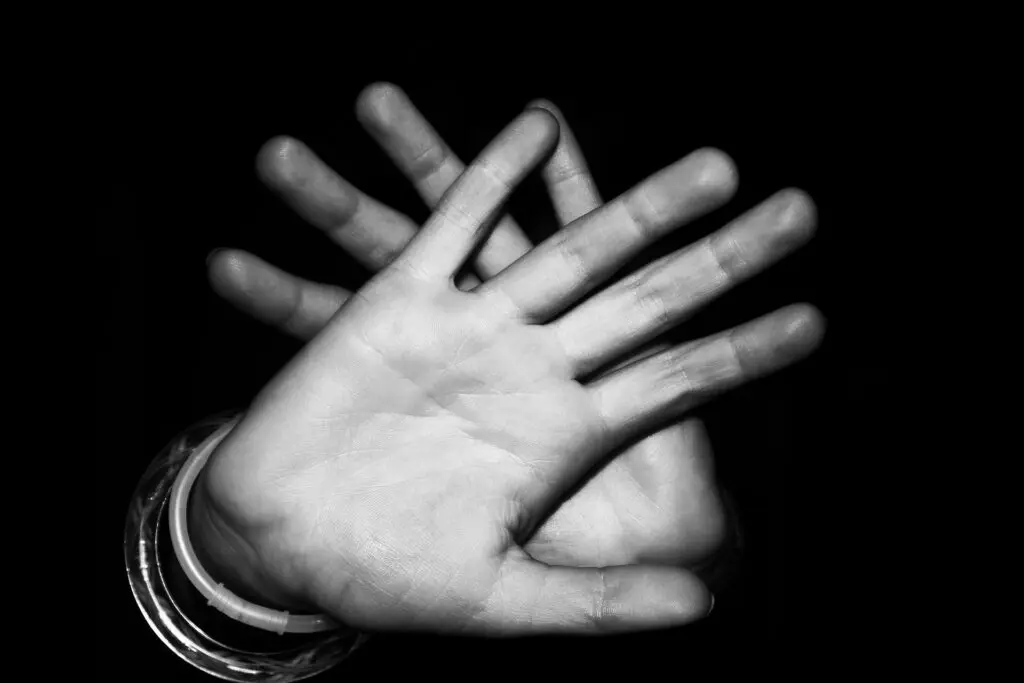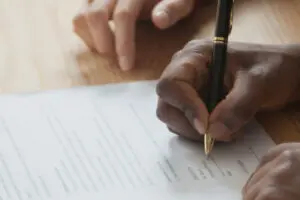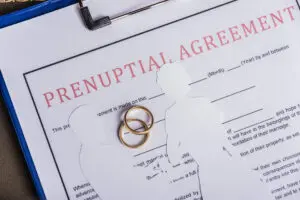Navigating a divorce is challenging under any circumstances, but proving mental abuse can add an additional layer of complexity. Mental abuse, also known as emotional abuse, can be subtle and difficult to quantify, making it a particularly challenging aspect to present in divorce proceedings. At Duncan Family Law, we specialize in helping clients gather the necessary evidence and present their case effectively. This article will guide you through the process of proving mental abuse in divorce, offering expert insights and practical steps to help you achieve justice.
Introduction
Mental abuse in a marriage can be just as damaging as physical abuse, often leading to long-term emotional and psychological harm. Despite its intangible nature, it is possible to prove mental abuse in court. This article will provide a comprehensive overview of the signs of mental abuse, the types of evidence required, and the steps you can take to build a strong case.
What is Considered Mental Abuse
Mental abuse involves a pattern of behavior that causes emotional harm and undermines an individual’s sense of self-worth and dignity. Common forms of mental abuse include manipulation, humiliation, intimidation, and controlling behaviors. Recognizing these behaviors is the first step in proving mental abuse in your divorce case.
Signs of Mental Abuse
Mental abuse can manifest in various ways, including:
- Gaslighting: Making the victim question their reality or memories.
- Isolation: Restricting the victim’s contact with friends and family.
- Verbal Abuse: Insults, belittling, and constant criticism.
- Emotional Manipulation: Using guilt, shame, or fear to control the victim.
- Intimidation: Threatening behavior, whether explicit or implied.
Gathering Evidence of Mental Abuse
Proving mental abuse requires a strategic approach to gathering evidence. Here are the key types of evidence that can support your case:
- Documentation
- Journals and Diaries: Keeping a detailed journal of incidents, including dates, times, and specific examples of abusive behavior, can provide a powerful narrative.
- Emails and Text Messages: Save any electronic communications that demonstrate abusive language or manipulative tactics.
- Witness Testimonies
- Friends and Family: Statements from people who have witnessed the abuse or its effects can be compelling.
- Therapists and Counselors: Testimony from mental health professionals who have treated you for the emotional impact of the abuse.
- Medical Records
- Psychological Evaluations: Reports from psychologists or psychiatrists that document the emotional and psychological impact of the abuse.
- Medical Records: Any physical symptoms or health issues that have arisen as a result of the stress and anxiety caused by the abuse.
- Legal Records
- Previous Complaints: If there have been any previous legal complaints or restraining orders related to the abuse, these can serve as critical evidence.
Steps to Prove Mental Abuse in Divorce
- Consult a Family Law Attorney
- Working with an experienced family law attorney is crucial. At Duncan Family Law, we provide expert guidance and support to help you navigate the complexities of proving mental abuse.
- Gather and Organize Evidence
- Collect all relevant documentation, witness testimonies, and medical records. Organize this evidence in a clear and concise manner to present to the court.
- Seek Professional Support
- Engage with mental health professionals who can provide documentation and expert testimony regarding the impact of the abuse on your mental health.
- File for a Protective Order
- If you feel unsafe, filing for a protective order can provide immediate relief and serve as additional evidence of the abuse.
- Present Your Case in Court
- With the help of your attorney, present your evidence clearly and systematically. Highlight patterns of behavior and the emotional and psychological damage caused by the abuse.
Challenges in Proving Mental Abuse
Proving mental abuse can be challenging due to its subjective nature. Unlike physical abuse, there are often no visible scars. However, by meticulously gathering evidence and presenting a well-documented case, you can overcome these challenges. The court will consider the consistency and credibility of your evidence, making it essential to be thorough and precise in your documentation.
The Role of Expert Witnesses
Expert witnesses, such as psychologists and therapists, play a crucial role in substantiating claims of mental abuse. Their professional evaluations and testimonies can provide the court with an objective assessment of the emotional harm inflicted by the abuser. At Duncan Family Law, we work closely with a network of expert witnesses to strengthen your case.
Legal Considerations
Each state has different laws and standards for proving mental abuse in divorce proceedings. It is essential to understand the specific legal requirements in your jurisdiction. Your attorney can help you navigate these laws and ensure that your case is presented in the most effective manner possible.
Conclusion
Proving mental abuse in a divorce requires a comprehensive and strategic approach. By understanding the signs of mental abuse, gathering robust evidence, and working with experienced professionals, you can build a strong case. At Duncan Family Law, we are committed to helping you achieve justice and protecting your rights throughout the divorce process.
Frequently Asked Questions
What constitutes mental abuse in a marriage?
Mental abuse includes behaviors such as gaslighting, isolation, verbal abuse, emotional manipulation, and intimidation.
How can I document mental abuse?
Keep detailed records of incidents, save electronic communications, obtain witness testimonies, and seek professional evaluations.
Can I file for a protective order for mental abuse?
Yes, if you feel unsafe, you can file for a protective order, which can also serve as evidence in your divorce case.
What role do expert witnesses play in proving mental abuse?
Expert witnesses provide professional evaluations and testimonies that substantiate claims of mental abuse, offering an objective assessment of the emotional harm inflicted.
How can an attorney help in proving mental abuse?
An experienced family law attorney can guide you through the process, help gather and organize evidence, and represent you effectively in court.
By following these steps and understanding the complexities involved, you can effectively prove mental abuse in your divorce case. For personalized assistance and expert legal support, contact Duncan Family Law today. Our team is dedicated to helping you navigate this challenging time with compassion and professionalism.






